When the #BaldAndBad challenge exploded on Instagram, women eagerly shared their decision to defy stereotypes and go hair-free. But for millions of women in the United States alone, the choice to be “bald and bad” isn’t a choice at all.
An estimated 6.8 million Americans have alopecia areata, an autoimmune disorder that results in dramatic hair loss.
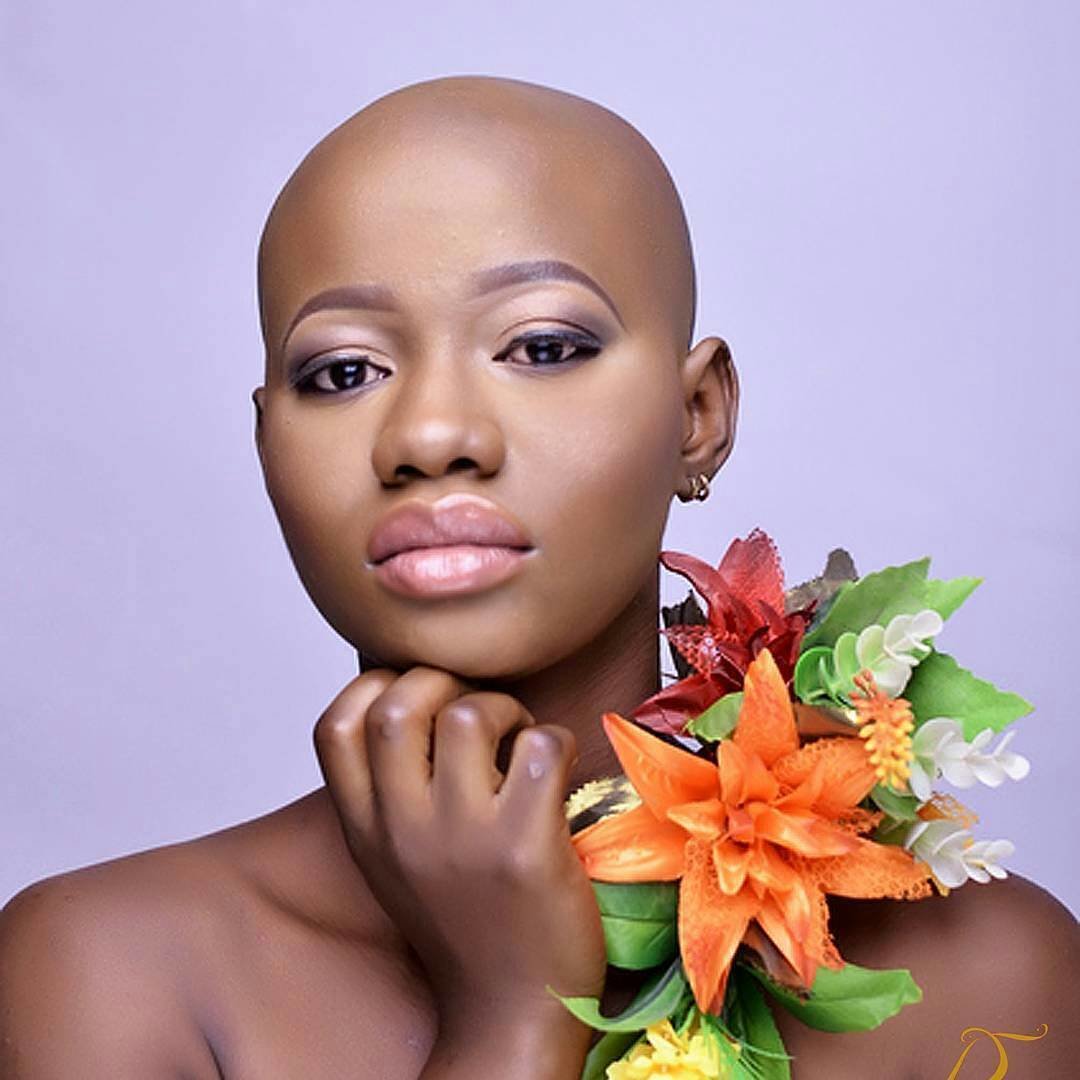
The disorder causes the immune system to mistakenly attack hair follicles, creating large bald patches on the head and body.
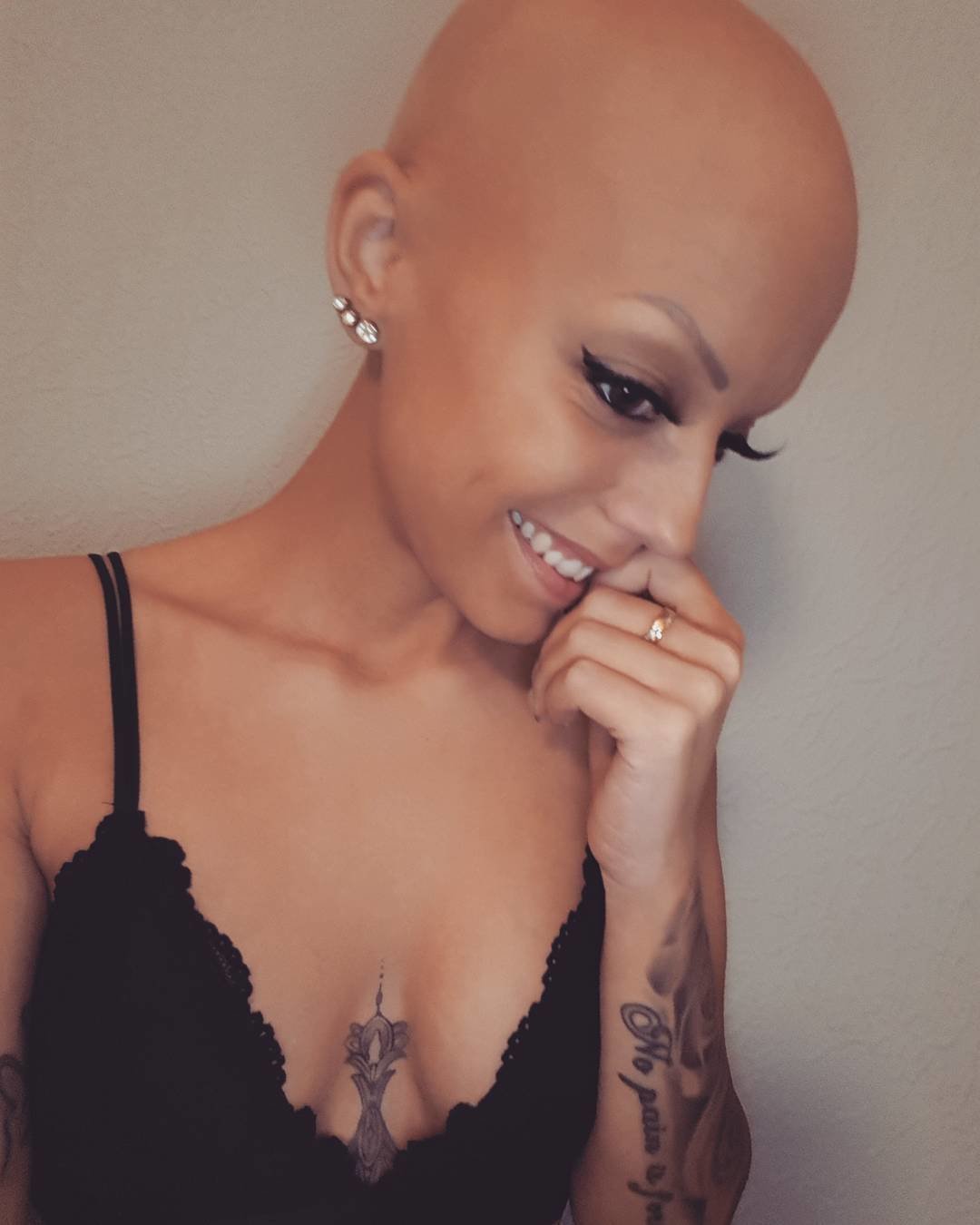
The hair follicles become smaller and smaller, until — in some cases — they cease producing hair althoughter. Scientists are still unsure what triggers the immune system to attack.
The condition can persist for months, or even years.
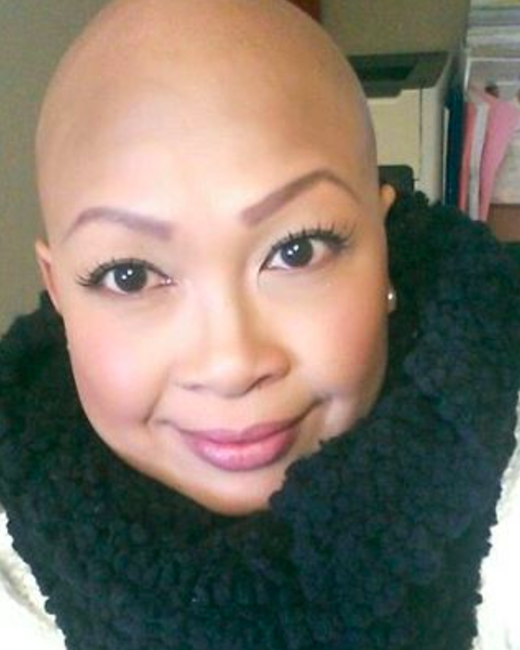
An estimated 10% of alopecians may never regrow hair, according to WebMD. Even if the hair does grow back, there is always the possibility it could fall out again.
On top of losing hair on the head, alopecians frequently lose their eyelashes and eyebrows, too.
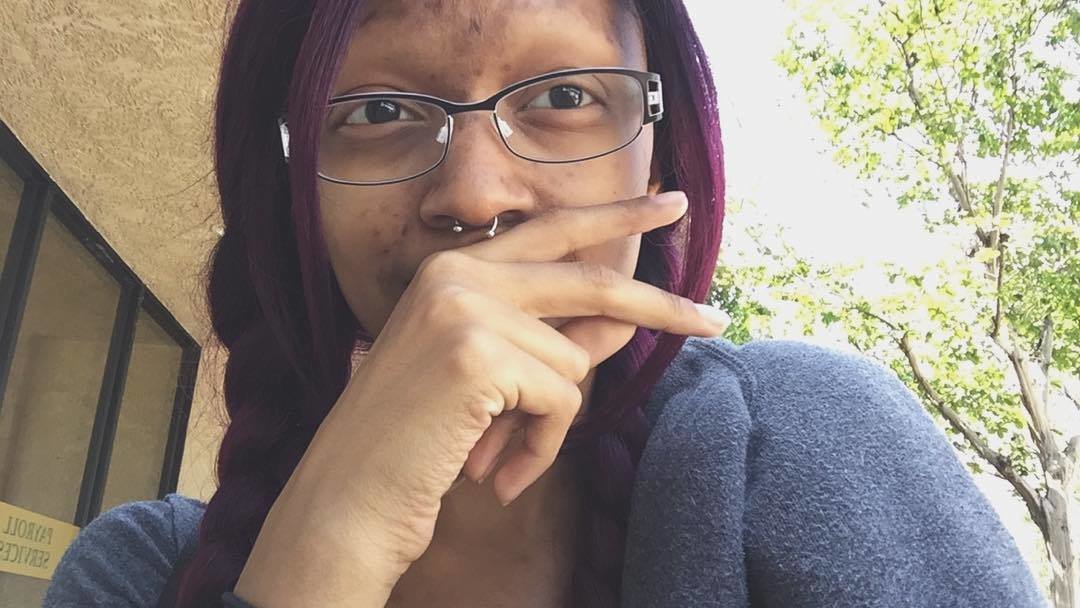
The changes can have a devastating effect on women’s body image.

“The worst of all is what it does to your self esteem,” 29-year-old alopecian Stephanie Mongo Simo told Revelist. “You don't get to fix your bad hair day, mascara does nothing when you have no lashes, and nothing worse than sweating out your drawn eyebrows.”
Some women choose to wear wigs, scarves, and eyelash extensions to boost their self-confidence.
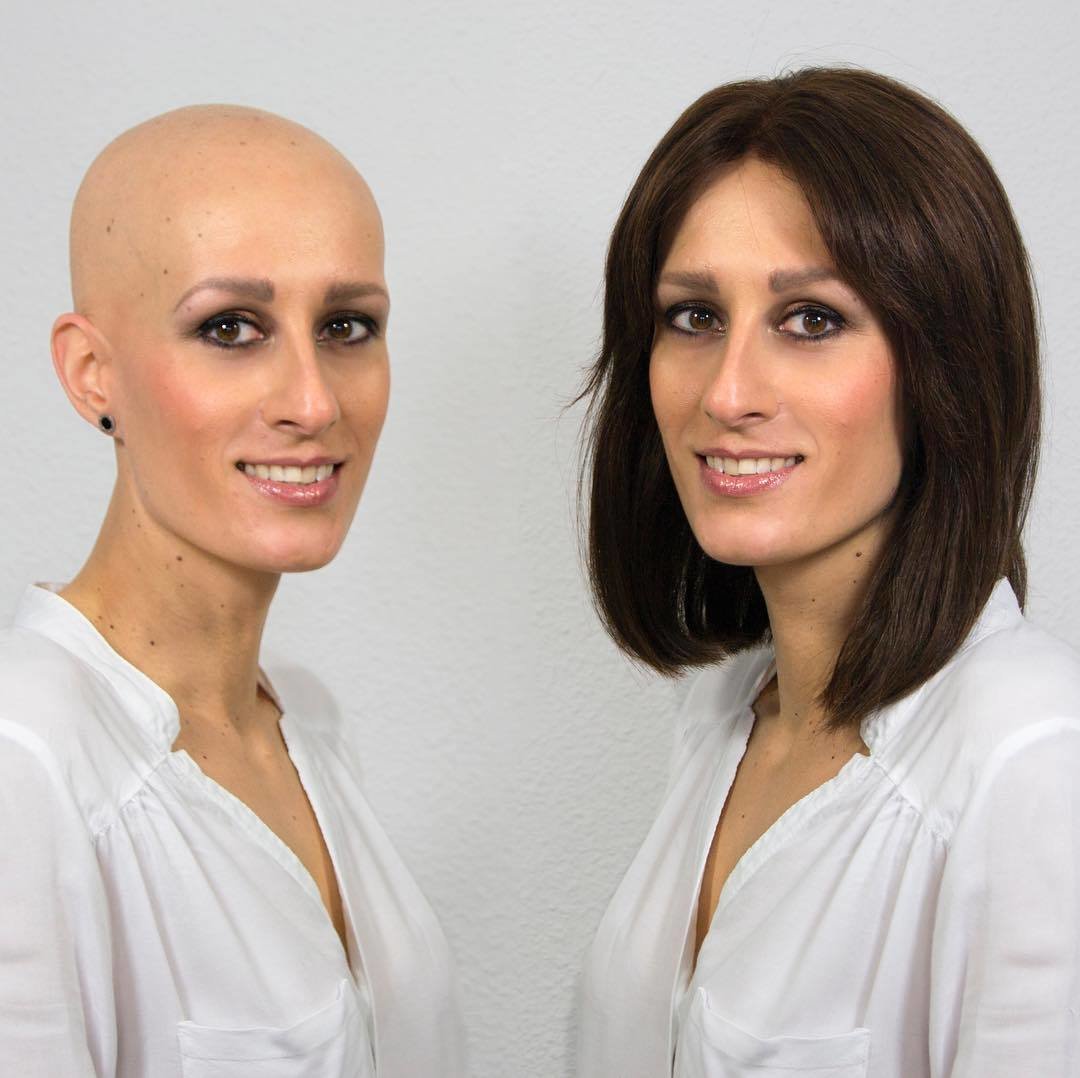
Some salons even cater to women with alopecia, offering specials on wigs and extensions.
Others, however, choose to embrace the baldness and flaunt their barely-there hair.
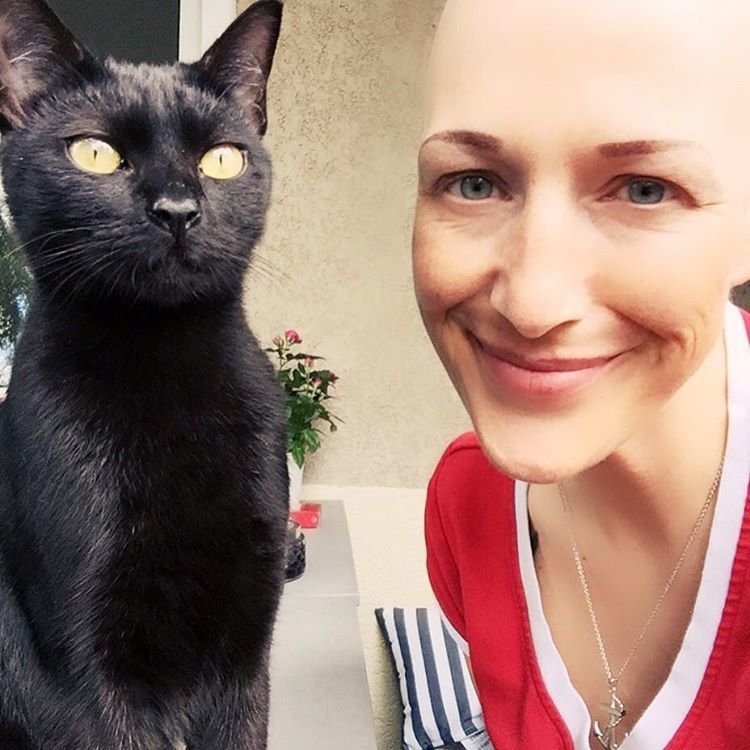
Simo, who frequently goes out sans wig, told Revelist she is happier today than before she was diagnosed.
“In a society more shallow than ever, it takes a unique kind of self love to accept that we are as worthy and beautiful than anyone with hair,” she said.
There is currently no cure for alopecia.
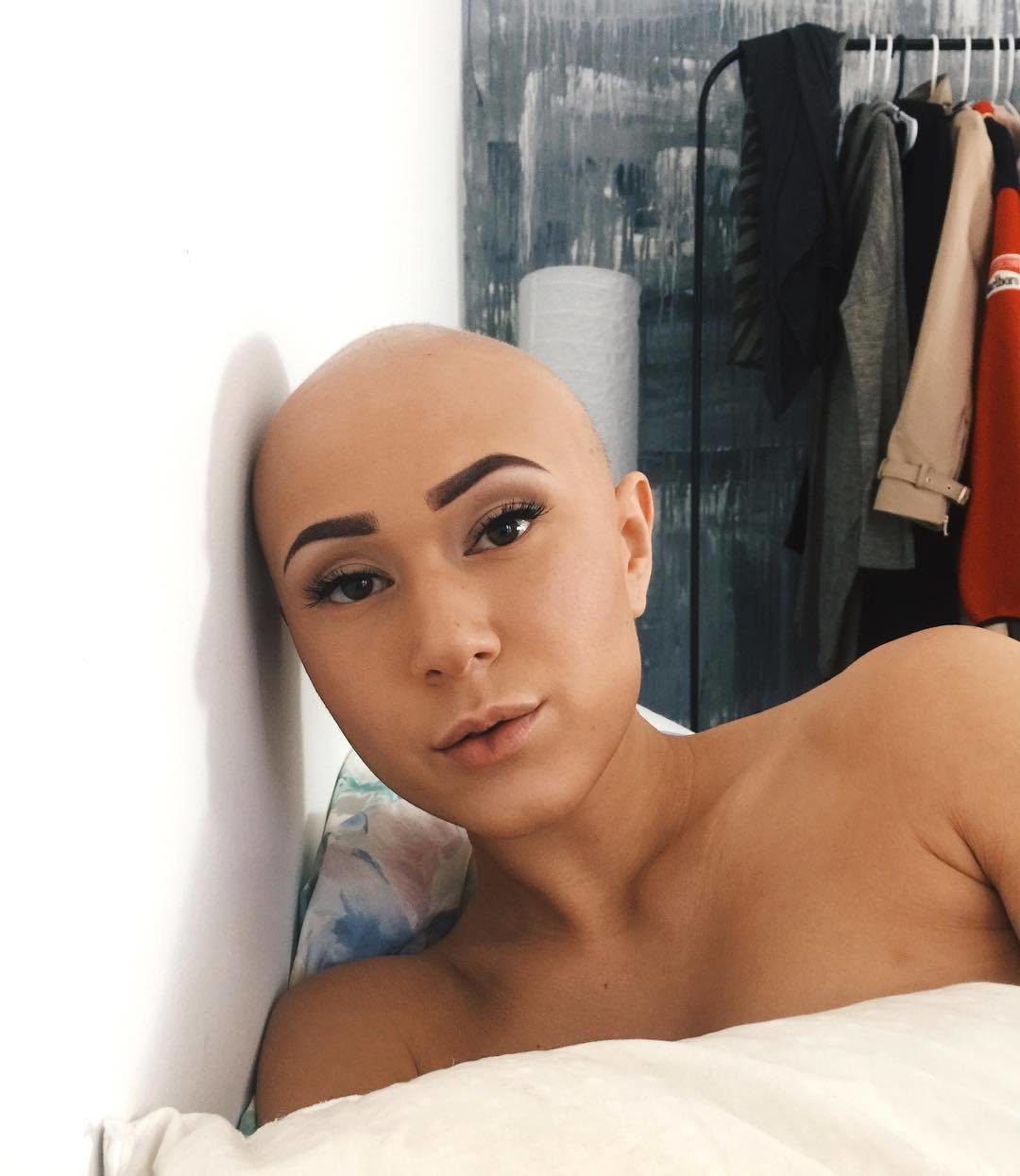
Scientists are investigating whether gene therapy, hair follicle development, or even stem cells on the skin can help reverse the condition.
Researchers at the Yale School of Medicine recently discovered a drug they believe could alter the immune responses that trigger it.
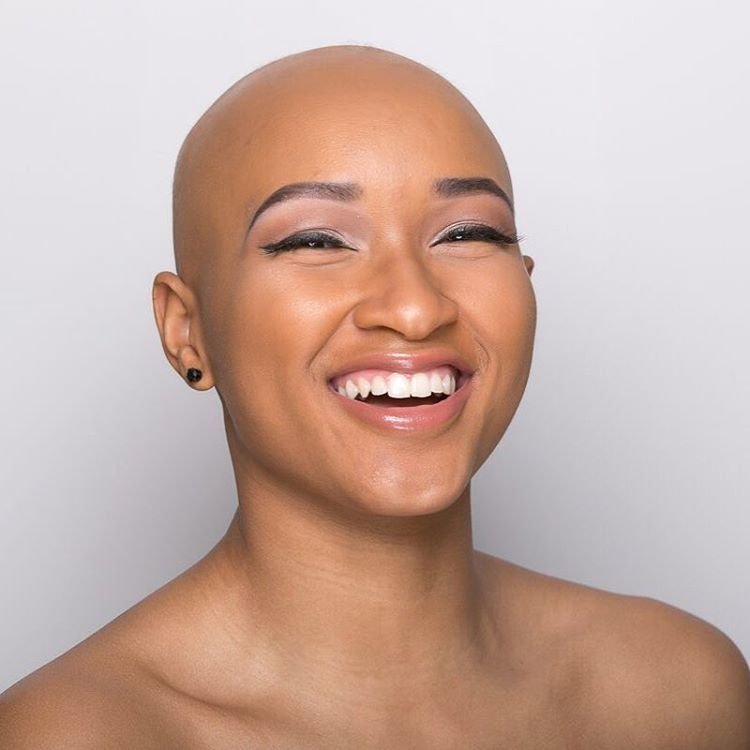
The drug is still unavailable, pending large-scale clinical trials.
In the meantime, alopecians say the rest of us can help by educating ourselves about the disorder.
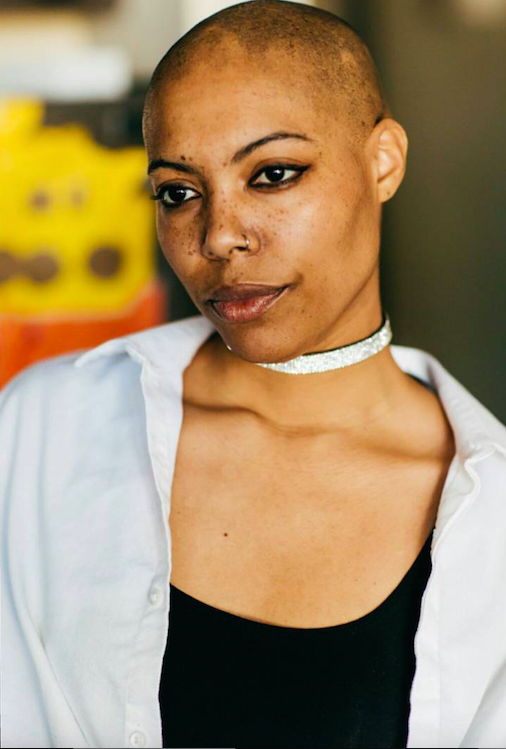
“It'd be so much easier without the stares, giggles, and the questions on my ‘cancer,’ Simo confessed. “Today I can handle it, but my heart stops when I think of those too young or too fragile to handle it. I just wish people would know more about it.”




